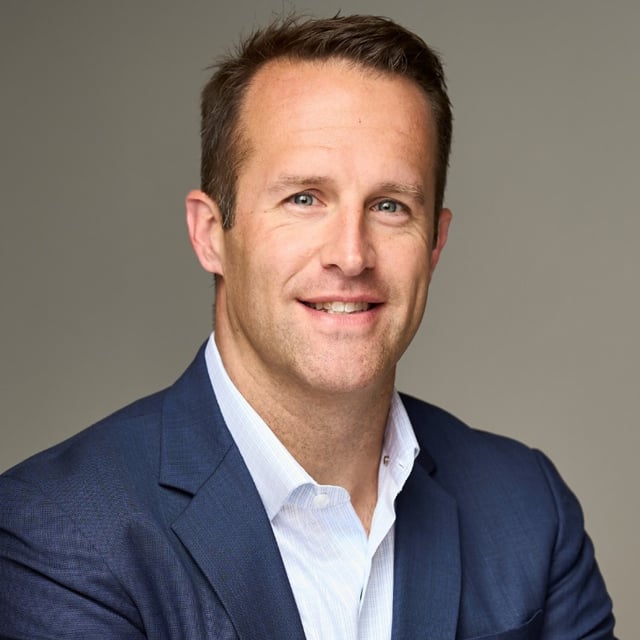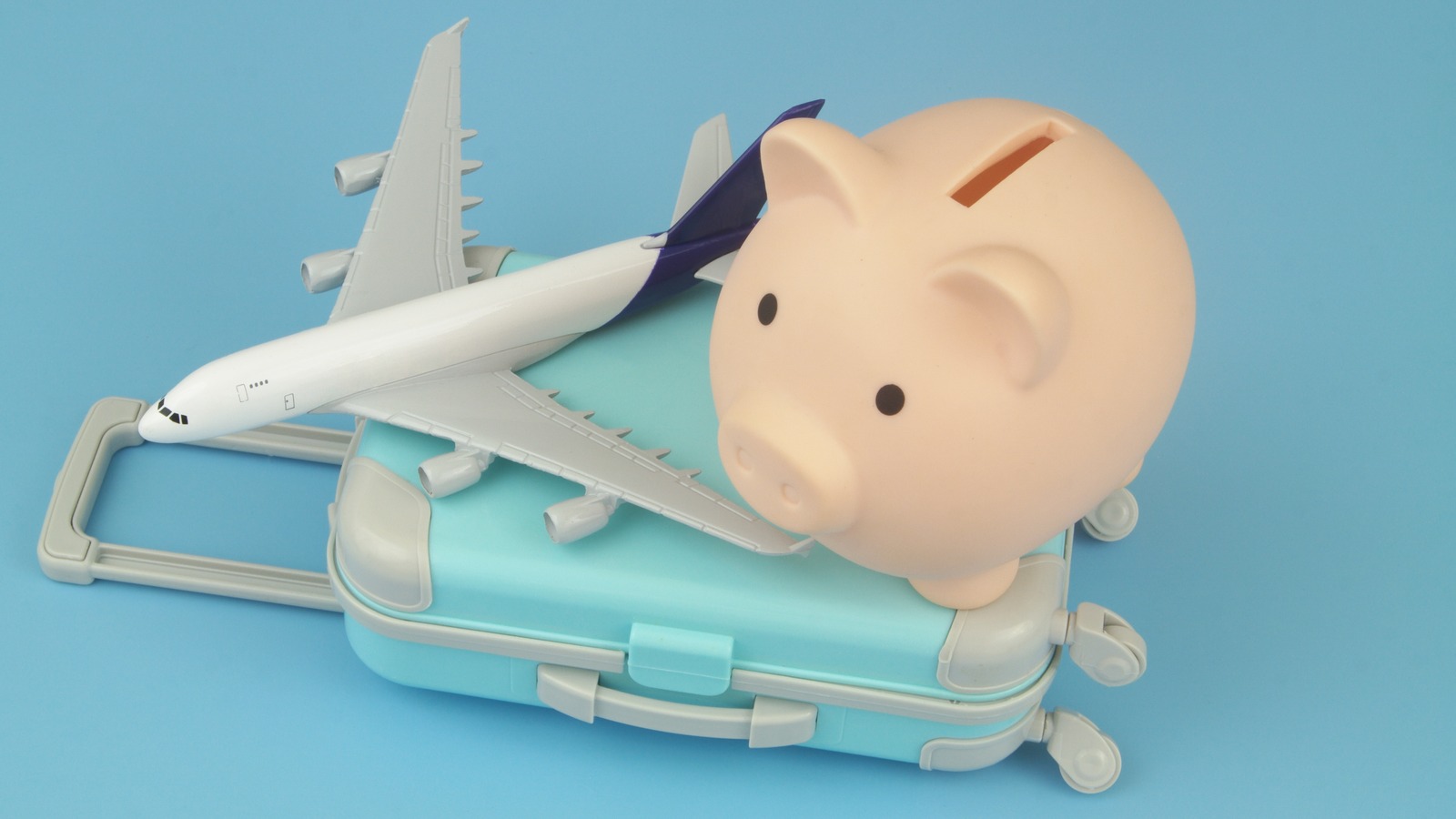- Wealth Ideas with Loic
- Posts
- The Dual Nature of Money: A Tool for Freedom or a Path to Misery?
The Dual Nature of Money: A Tool for Freedom or a Path to Misery?
I recently listened to a podcast about money between Morgan Housel and Andrew Huberman (link.). It was an amazing conversation filled with important insights and counterintuitive thoughts. I tried to summarize some of the most useful takeaways in this short blog.
When we talk about money, it’s often through the lens of financial freedom, success, or security. But beneath these shiny promises lies a duality—a dark side to wealth that can lead to envy, dissatisfaction, and a life spent chasing moving goalposts. Yet, with intention and clarity, money can also become a tool for liberation, independence, and meaning. This paradox—money as both a burden and a blessing—is worth examining deeply.
The Paradox of Wealth: Burning or Propelling
Money, as one wise observation suggests, is like fuel. You can use it to burn yourself alive—a self-destructive force that consumes you—or to propel yourself toward your aspirations. The choice lies in how we approach it.
For many, acquiring money becomes an unrelenting treadmill. We unintentionally move the goalposts, convincing ourselves that satisfaction lies just beyond the next milestone. But this behavior is the very definition of addiction: an insatiable craving for more, regardless of how much we already possess.
The Comparative Insecurity of Wealth
It’s easy to assume that wealth brings security, but paradoxically, social insecurity often grows with wealth. I remember hearing a story from a reporter who was interviewing a billionaire (as in $1 billion) who spoke with envy about a much richer billionaire. The reporter asked "what can he buy that you can't?" and the Billionaire answered...."the mega-yacht." A man who could buy almost anything, focused on the one thing he couldn't buy. That's the default for the human psyche and it will consume us if we're not careful. We are social beings and in these days of abundance (for some) our instinctive social comparison can create insecurity that dominates people's focus. As Buffett and Munger have often repeated "it's not greed that moves the world, it's envy." In a society richer than it has ever been, even at the median level, we still struggle to escape these feelings.
Lessons from Those Who Lived the Longest
Karl Pillemer’s study of centenarians offers a sobering reminder: not a single one of the thousand people interviewed wished they had earned more money. Their regrets lay elsewhere—relationships, experiences, and missed opportunities to live authentically. This highlights a crucial question: if money isn’t the ultimate measure of a life well-lived, what is?
Defining Your Own “Right” Way to Use Money
There isn’t one universal answer to how money should be used. However, there are anchors to avoid the traps of human psychology. One such anchor comes from Daniel Kahneman, who emphasizes the importance of a "well-calibrated sense of future regret." Understanding yourself deeply and anticipating what will cause regret can guide better financial decisions.
For example, consider two extremes: the FIRE (Financial Independence, Retire Early) enthusiasts who save 90% of their income to retire by 30, and the YOLO (You Only Live Once) mindset of reckless crypto traders gambling it all. Both extremes often lead to significant regret. The lesson is to avoid rigid extremes and instead, aim for your own balance.
The Hope and Despair of Wealth
The pursuit of wealth often generates hope—a belief that it will solve our problems. But paradoxically, achieving financial success can bring despair. Will Smith once reflected on this phenomenon, explaining that when he was poor, he believed money would fix his problems. Yet, after amassing more than he could ever spend, he didn't have that crutch anymore and was left having to face his problems without the hope that money would solve them.
This cycle is common. Many entrepreneurs experience depression after selling their company. Probably attributable to the dual impact that their newfound wealth isn't, by itself fulfilling, and postpartum with their professional baby.
Extraordinary Success and Its Costs
David Senra, creator of a renowned "Founders" business podcast, profiled 350 founders and found only one he’d trade places with mathematician and hedge fund manager Ed Thorp. Extraordinary success often comes at extraordinary costs: strained family relationships, neglected friendships, and physical or mental burnout. For many, the price of relentless focus is too high.
Naval Ravikant, a philosopher-investor, once defined success as “a calm mind, a fit body, and a home full of love.” These goals are undeniably compelling. Yet, unlike financial targets, they are subjective and harder to measure. It’s easier to chase a defined monetary goal than to assess the progress of a calm mind or a loving home. This difficulty can lead people to prioritize the tangible over the truly meaningful.
Money as a Tool for Freedom and Purpose
Despite its potential pitfalls, money can be a profound force for good. It can buy freedom—time to spend with loved ones, pursue passions, or invest in health. It can provide leverage to achieve your life’s purpose or make a meaningful impact on the world. The key is using money intentionally, aligned with your values and hard-to-measure emotional/relationship goals.
Reflecting on Your Relationship with Money
How, then, should we approach wealth? Start by reflecting on what matters most to you. Ask yourself:
Where am I chasing an easy-to-measure monetary goal over hard-to-measure, but more important goals?
What am I spending on that is a candidate for future regret?
What have I spent money on that I thought was going to give me joy and ended up being an infatuation?
The answers will differ for everyone. But the act of questioning—of thinking deeply about money’s role in your life—is itself a step toward liberation.
The Final Takeaway: Balance and Awareness
Ultimately, the goal isn’t to demonize money or glorify it. Instead, it’s about intentionality. Recognize its duality—its ability to either liberate or ensnare—and choose a path that prioritizes balance, introspection, and awareness. As the philosopher Seneca said, “It is not the man who has too little, but the man who craves more, that is poor.”
In a society richer than ever, the challenge is less about acquiring wealth. It’s using it wisely, avoiding its pitfalls, and ensuring it propels you toward a life of meaning and fulfillment.



